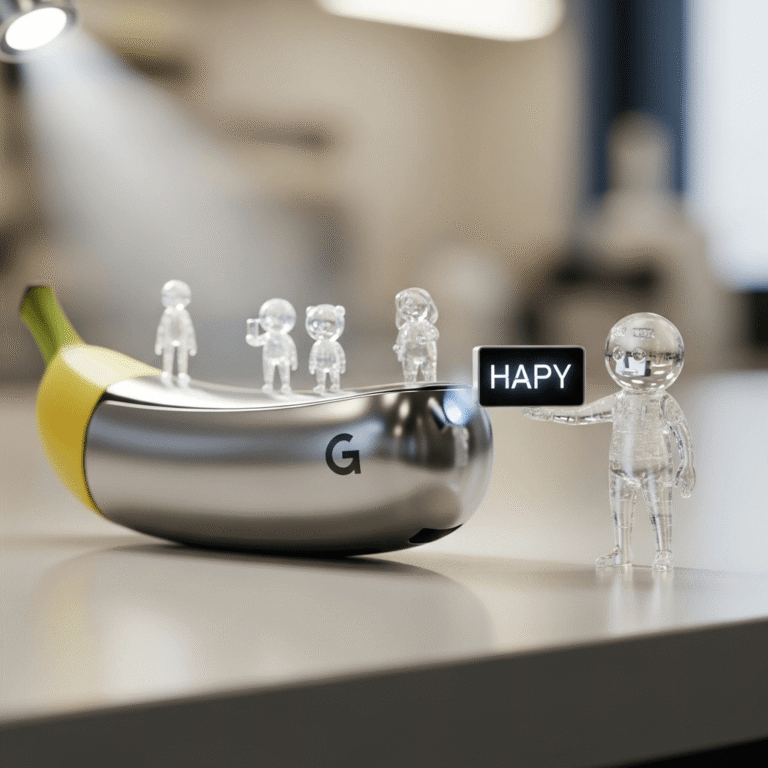Fevikwik’s AI Ads: Fixing Brand Recall, Building Identity
Fevikwik, a familiar name in instant adhesives, recently made headlines by integrating AI into its advertising strategy. This move positions it among the pioneering Indian brands using AI in ads. Interestingly, despite its long-standing presence and market leadership, the brand faces a surprising recall value challenge. This article explores Fevikwik’s AI journey and its quest to strengthen its brand identity in a competitive market.
Fevikwik’s AI Leap and the Curious Case of Brand Recall
Initially, Fevikwik’s decision to leverage AI in its advertising marks a significant step for an Indian consumer brand. This innovative approach demonstrates a commitment to modern marketing techniques. Consequently, the brand aims to reach consumers more effectively and perhaps craft more compelling narratives. However, a deeper look reveals a peculiar problem: Fevikwik, a product of Pidilite Industries, consistently struggles with strong brand recall among the general public. People recognize the small blue and white tube and its quick-fixing power, but they often struggle to name the Fevikwik brand itself.
This lack of strong consumer recall contrasts sharply with its well-known sister brand, Fevicol, which enjoys immense brand recognition due to its memorable, often humorous campaigns. While Fevikwik dominates the instant adhesive market, its advertising has traditionally focused on functionality – quickly fixing broken items. Therefore, consumers associate it with a solution rather than a distinct brand personality. This poses a unique marketing challenge for Fevikwik, as effective advertising relies heavily on creating lasting impressions and ensuring that the brand name readily comes to mind. Ultimately, the goal of Fevikwik AI ads must extend beyond just showcasing the product; it needs to build a stronger connection with its audience.
Harnessing AI to Elevate Fevikwik’s Brand Identity
The question then arises: how can AI in marketing help Fevikwik overcome this brand recall challenge? Historically, Fevikwik’s ads have been transactional, demonstrating the product’s speed and utility. In contrast, Fevicol built its brand identity through storytelling and emotional connections over decades. Fevikwik, on the other hand, often gets lumped into a generic category of “super glues.” Therefore, the strategic deployment of AI advertising innovation becomes crucial.
By harnessing artificial intelligence, Fevikwik can analyze vast amounts of consumer data, identifying patterns in engagement, preferences, and even emotional responses to different ad types. This data could inform the creation of more personalized and emotionally resonant Fevikwik AI ads. Furthermore, AI tools can assist in generating diverse creative concepts, testing their effectiveness on target audiences before a full launch. Ultimately, AI offers the potential to move beyond purely functional advertising, allowing Fevikwik to craft campaigns that are not only effective but also highly memorable. This could help embed the Fevikwik brand name firmly in the minds of consumers, fostering stronger consumer engagement and transforming it from a generic solution into a beloved brand with distinct recall value.
In conclusion, Fevikwik’s foray into AI advertising represents a forward-thinking step for an Indian brand. However, this initiative also highlights its underlying brand recall challenge. While AI offers powerful tools for personalized and data-driven campaigns, the true success of Fevikwik AI ads will depend on its ability to transcend functional messaging and forge a more memorable brand identity. This journey could redefine how consumers perceive and remember instant adhesive brands in India.
Source: ThePrint







